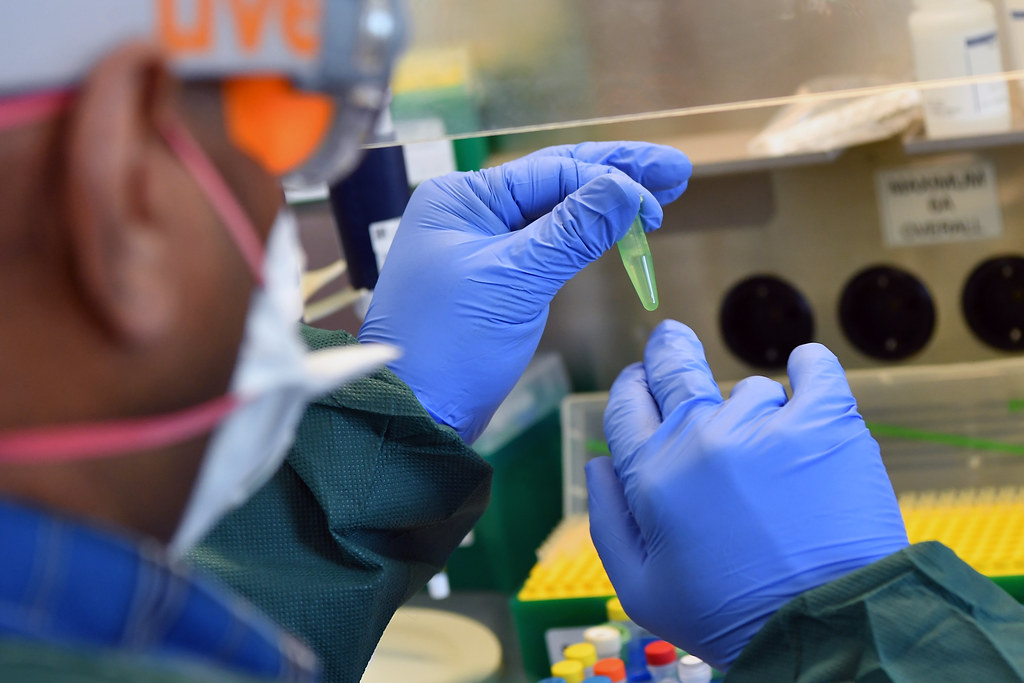Changes to PCR testing – drawing on technology like robots – will give New Zealand a surge capacity of 20,000 extra tests daily.
In response to October’s expert review of testing, PCR capacity will now increase from 39,000 tests a day (maximum) to a new baseline of 58,000 tests and surge capacity of 77,600 tests. Using robots to take caps off specimens, or other technology, is being used in more labs to free up staff. Rapid antigen testing has also been expanded for use in certain situations with twice as many test types.
The SMC asked experts to comment.
Terry Taylor, President, New Zealand Institute of Medical Laboratory Science, comments:
“What does a surge capacity number like 78,000 mean? Our valued and hardworking medical laboratory workforce are once again preparing for another upcoming surge of COVID testing for the Omicron variant. We have all watched the scenes of bedlam outside testing centres in New South Wales and a laboratory service that was effectively swamped and is still struggling to perform core diagnostic functions. These scenes will be no different around our diagnostic laboratories in Aotearoa New Zealand.
“It is always dangerous to throw around figures that do not represent real-time and external influences. The figures released on testing capacity are best-scenario estimates relying on full staffing and in most cases 24-hour service provision. Machines working to capacity break down, workers get sick and exhausted, and supply chains are always vulnerable. As soon as the current pooling of samples is no longer viable due to increasing positivity rates then the capacity drops significantly and quickly. There are only 24 hours in a day, and machines and people can only take so much working at full capacity. There will need to be sound testing priority communicated and clinical direction to ensure our full diagnostic services are not totally swamped.
“It is both shortsighted and totally unfair on an already beleaguered workforce to force scientists to make decisions that can have a significant flow-on effect for other diagnostic testing that can affect patient outcomes.
“Laboratory tests are an essential cog in almost all acute patient care situations. Swamp our diagnostic laboratories and the resulting flow-on to clinical healthcare decisions has the potential to cause patient harm.
“Medical laboratory scientists and technicians are a finite resource that have endured past years of being undervalued and treated as commodities but will once again put everything on the line for the people of Aotearoa New Zealand.
“All we can do is our very best and if things do not go to plan, then everyone has been warned. This group of dedicated health professionals deserve plaudits for nearly two years of operating on the edge – but you can only push things so far.”
Conflict of interest statement: “I work as a registered medical laboratory scientist for Southern Community Laboratories in Dunedin which provides both publicly funded and commercial laboratory services. The NZIMLS work is voluntary and independent of my employment and is covered by a code of ethics and disclosure clause.”
